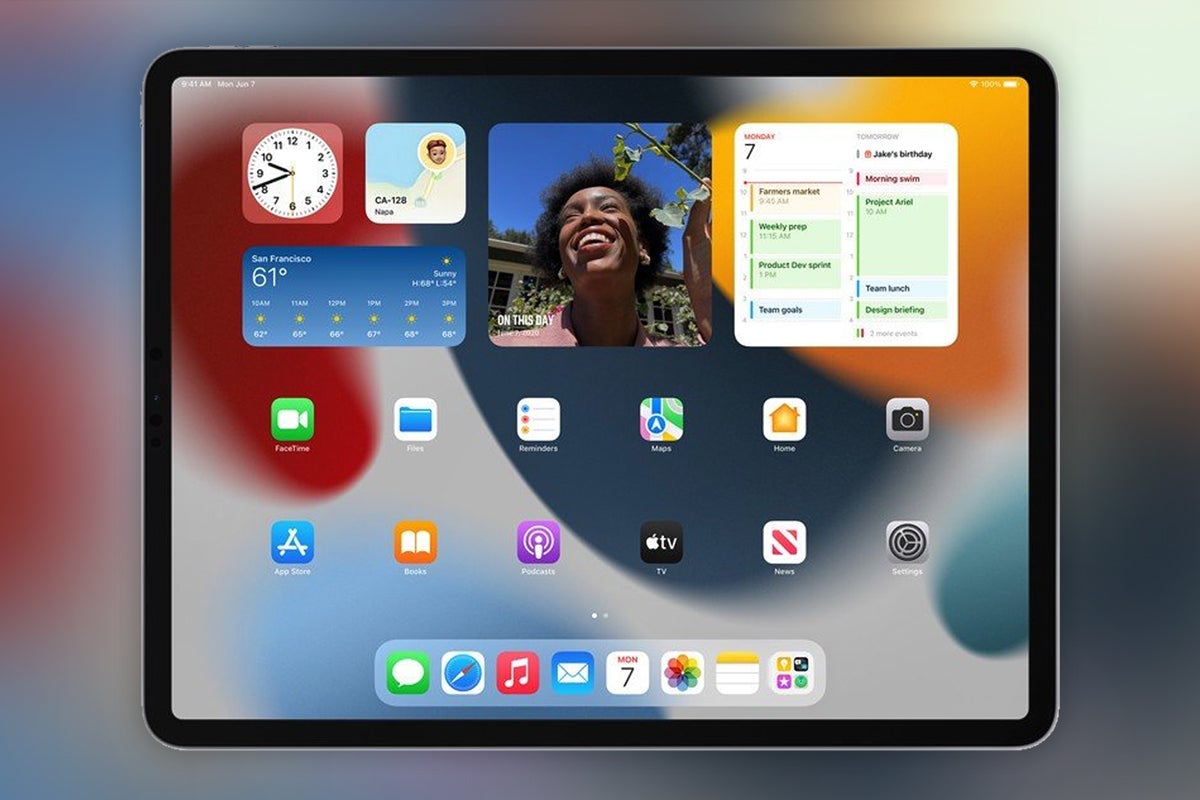What’s new with Siri in iOS 15 and iPadOS 15? New Unlock With Watch feature revealed
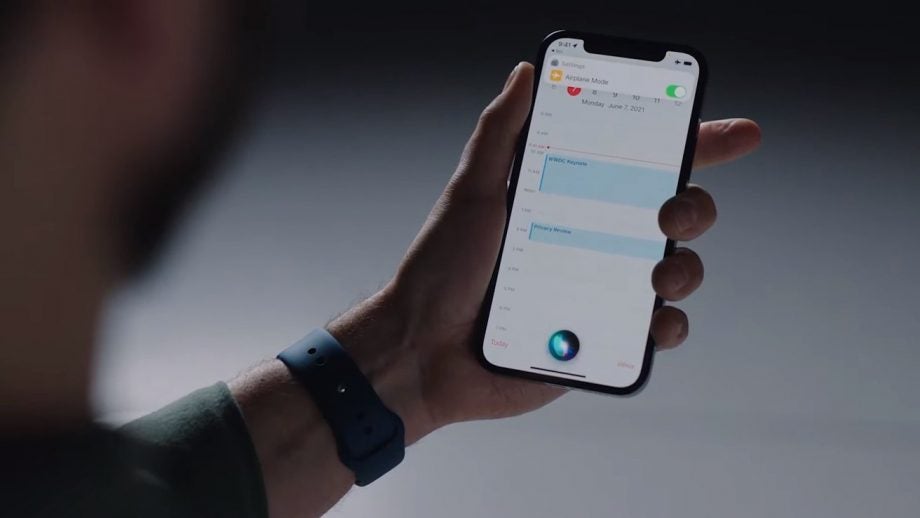
It’s hard to believe Siri will have been with us ten years this October, but Apple is still improving the voice assistant with new features and skills arriving every year.
This year’s WWDC was no different with a slew of new tools coming to the best iPhone handsets and the Apple iPad counterparts later this year. We’ve already learned Siri is coming to third-party HomeKit devices, so here’s what’s new for Siri in iOS 15 and iPadOS 15.
Unlock With Apple Watch now includes Siri requests
In the aftermath of WWDC, registered developers are delving into iOS 15 and discovering unannounced features. Chief among them is the ability to use Siri while the iPhone is locked, provided you’re wearing an Apple Watch. The feature works alongside the Unlock With Apple Watch feature, which enables iPhone owners to use Face ID, providing they are also sporting the watchOS companion device.
If Unlock With Apple Watch is turned on, users will be able to make personal ‘Hey Siri’ requests without having to unlock their phones first. That’ll enable Siri to read out messages, or change settings on the phone without having to authenticate.
Within the beta, the instruction within the Face ID and Passcode menu in Settings now reads (via 9to5Mac):
Use the secure connection to your Apple Watch for Siri requests or to unlock your iPhone when an obstruction, like a mask, prevents Face ID from recognising your face. Your watch must be passcode protected, unlocked, and on your wrist close by.
On-device speech processing
Apple says Siri will no longer send everything to the cloud to process your speech. It’ll happen entirely on the device. Whether that’s a reaction to the controversy over contractors listening into recordings a couple of years ago is unknown, but the Apple Neural Engine will soon take care of business (TBOB) just as well as sever-based speech recognition, the company says.
On-device processing is also faster, while personalisation will also stay on the device too. Apple says Siri will learn your habits, such as the most frequently-used contacts and the language you use, as well as your favourite Apple News topics, in order to make private yet proactive suggestions.
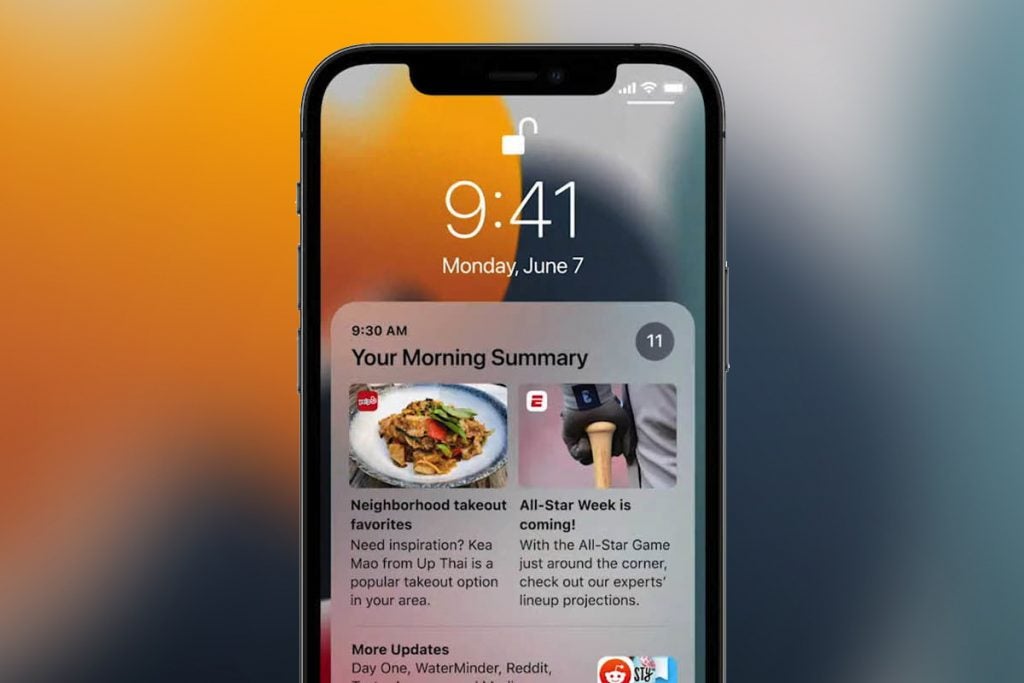
Offline support
As a result of the above, one of the biggest new additions is the ability to handle some requests minus an internet connection. For example, in iOS 15/iPadOS 15 you’ll be able to set timers and alarms, launch apps, control audio playback, compose messages and more thanks to on-device processing.
Sharing of onscreen items
If you’re listening to a song in Apple Music, or catching up with the latest breaking news in Apple News, it’ll soon be possible to simply say “Send this to Mike” and Siri will know what to send. If the on-screen item cannot be sent, then Siri will suggest a screenshot. Cool. In a similar vein, if you’re looking at a contact in the Contacts app or a convo in Messages, you’ll be able to say “Message them I’m on my way” without stating a name.
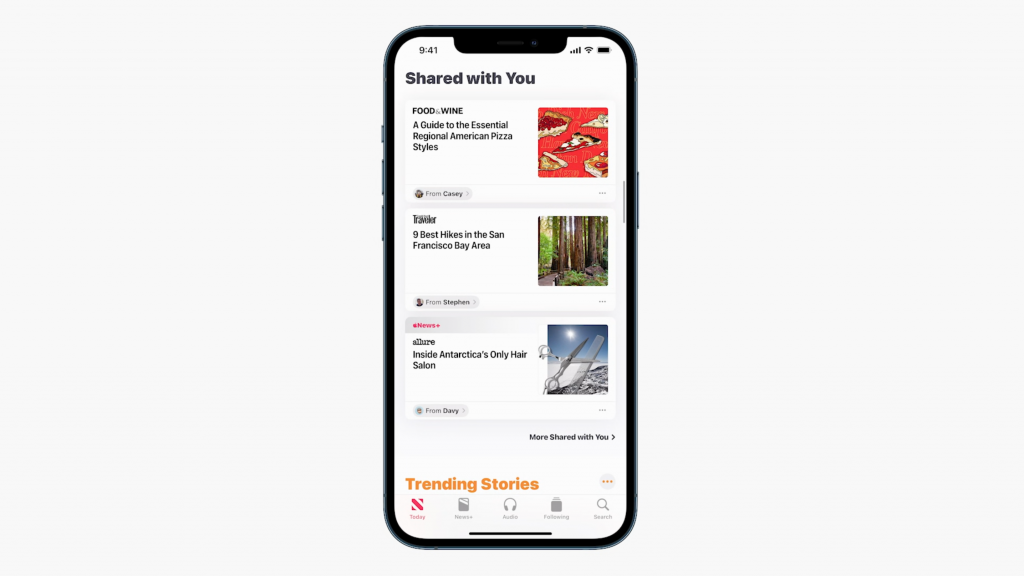
Understanding and maintaining context
Siri is still catching up in this regard compared with Alexa and Google Assistant, but in iOS 15/iPadOS 15 users will be able to say things like “Is Glacier National Park still open?” and follow it up with “How long does it take to get there?” without restating the original location.
Announcing notifications
Siri will soon announce your incoming messages in CarPlay, should you desire, without tapping the infotainment screen. Of course, some discretion should be deployed here depending on who your mates are and who is in the car with you. Apple also says AirPods users can benefit from the automatic announcement of time-sensitive incoming notifications.
HomeKit timings
Siri is also getting smarter at controlling HomeKit devices in iOS 15 and iPadOS 15 with the addition of specific times for commands. For example, say “Hey Siri, turn off my bedroom lights at 7 p.m.” or “Hey Siri, turn off all the lights when I leave.”
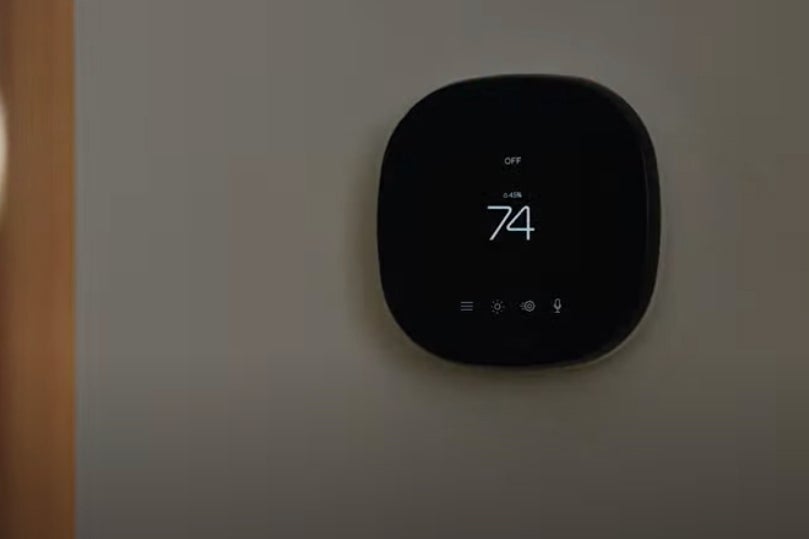
All updates will arrive within iOS 15 and iPadOS 15, which will be in beta throughout the summer before a full consumer rollout this autumn.




